Section: Australia
There are more than 60 results, only the first 60 are displayed here.
Become a subscriber for more search results.
-

AUSTRALIA
- David Halliday
- 15 May 2025
What happens when governments underfund the services that hold our social fabric together? Economist David Gilchrist exposes a system in quiet crisis where rising need meets shrinking support, and nonprofits face collapse under the weight of outdated policies, inadequate data, and market myths that threaten the future of social care in Australia.
READ MORE
-
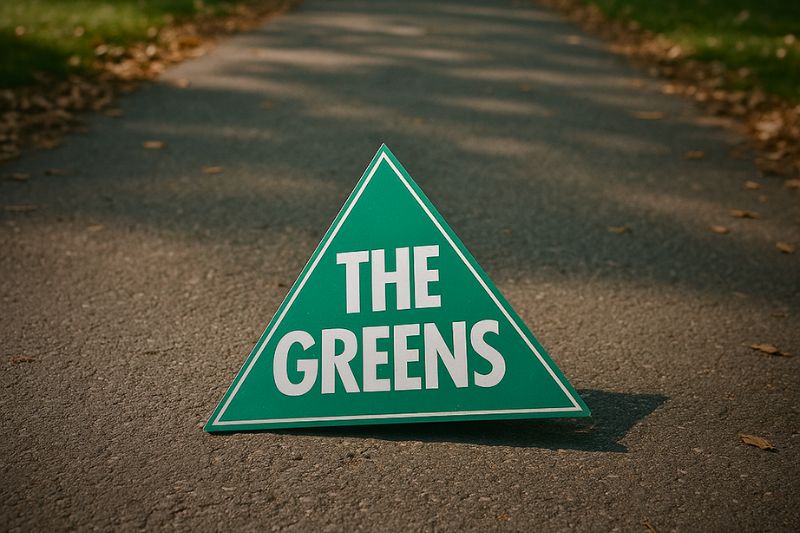
AUSTRALIA
- Erica Cervini
- 14 May 2025
Adam Bandt’s unexpected loss in Melbourne has sent shockwaves through the Greens’ ranks. Once poised for expansion, the party is now reckoning with a bruising election result, voter backlash, and a confused identity. In their heartland, even the most loyal supporters seemed ready to walk away. So what happened?
READ MORE
-

AUSTRALIA
- Cherie Gilmour
- 09 May 2025
As young men gravitate toward the manosphere, driven by alienation and grievance, society too often responds with silence or scorn. But if we don’t want boys shaped by bitterness and bravado, we must ask: what kind of men do we hope they’ll become, and who is offering them a path to get there?
READ MORE 
-
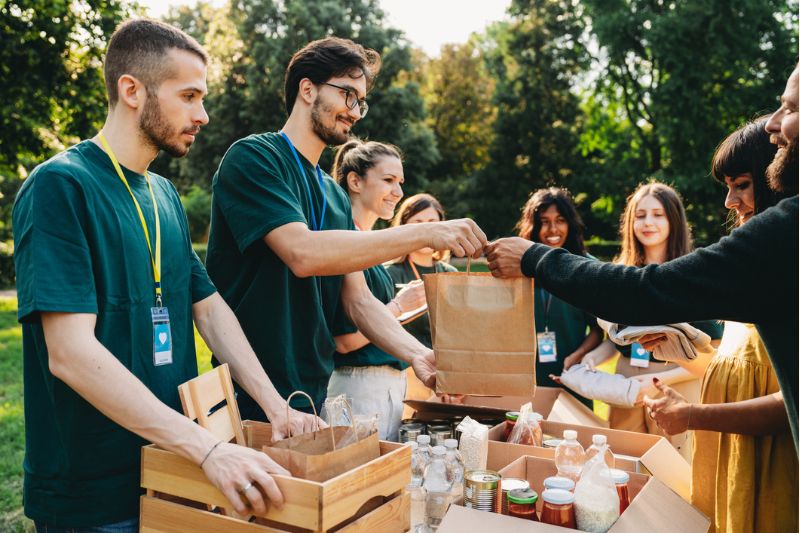
AUSTRALIA
The 2025 election marked a pause in Australia’s political life. As old policy narratives falter, we have an opportunity to ask ourselves: what kind of society are we trying to build? Across faiths and traditions, the idea of the common good offers a path forward beyond division and drift.
READ MORE
-
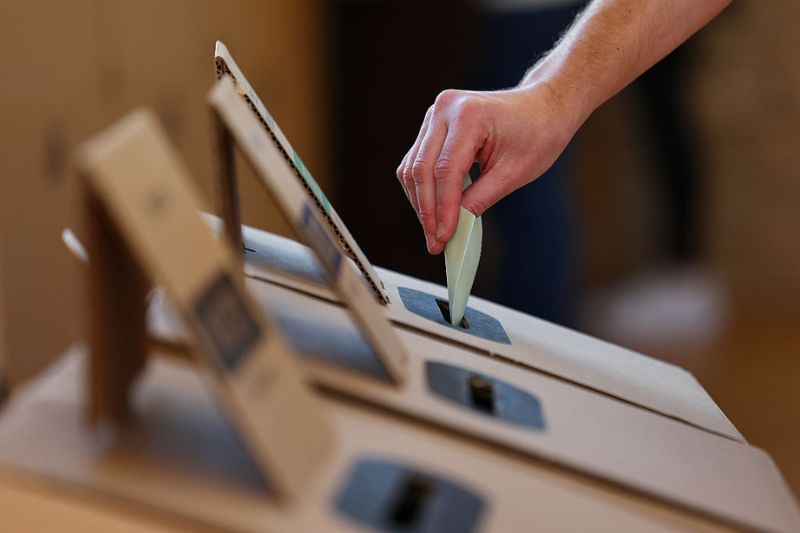
AUSTRALIA
- Max Jeganathan
- 07 May 2025
In the wake of an unexpectedly decisive election, Australians rejected grievance politics from both right and left. What emerged instead was a quiet preference for stability, civility, and competence: qualities that don’t often headline campaigns, but this time shaped the outcome. In 2025, trumpery just didn’t cut it.
READ MORE
-
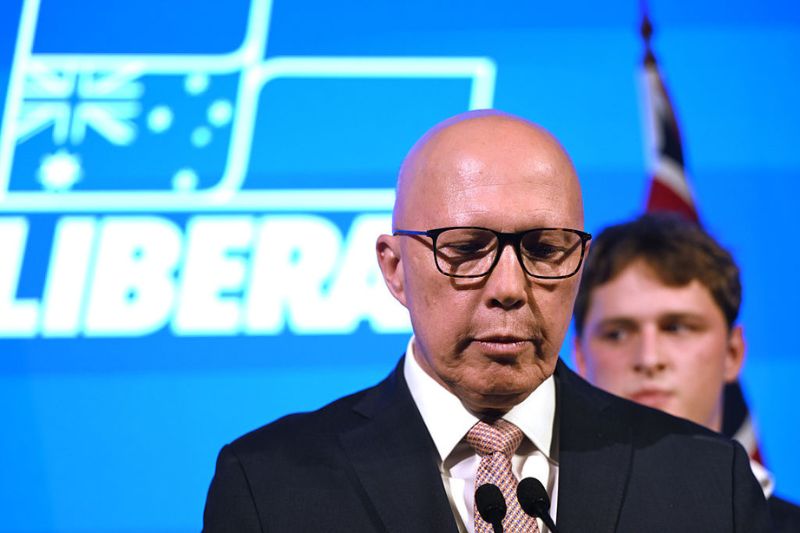
AUSTRALIA
- Andrew Hamilton
- 07 May 2025
In an election full of surprises, the most revealing were not electoral upsets but glimpses of unexpected humanity. Peter Dutton’s gracious concession contrasts with his public record, and urges a politics where words don’t wound, and dignity is not reserved for private life alone.
READ MORE
-
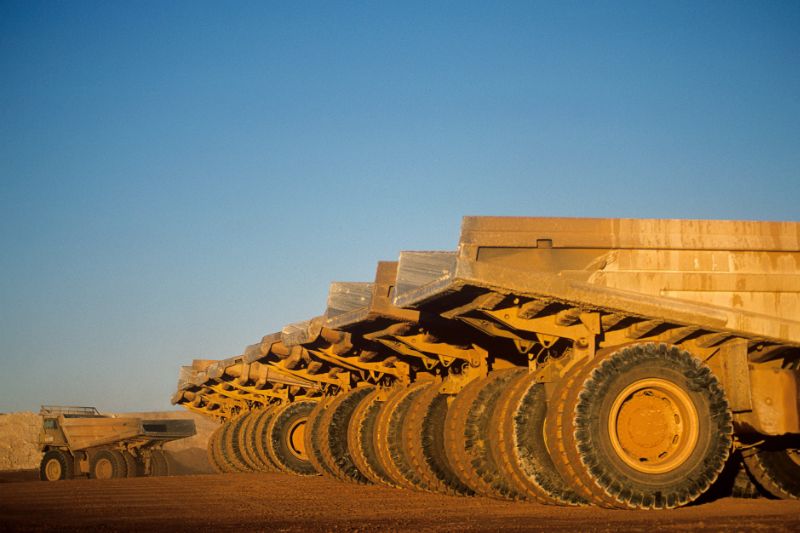
AUSTRALIA
As Donald Trump’s trade war upends decades of global economic orthodoxy, globalisation is quietly folding. Protectionism is back, self-sufficiency is in vogue, and Australia, thanks to its deindustrialised economy, largely escapes the fallout. But in a shifting world of tariffs and deficits, what comes next is anyone’s guess.
READ MORE
-

AUSTRALIA
While much of the world drifts toward political extremes, Australia did something quietly radical: it chose the centre. In a night of subdued triumphs and unexpected grace, it was a reminder that democracy’s strength may still lie in its capacity for moderation, mercy, and surprise.
READ MORE 
-
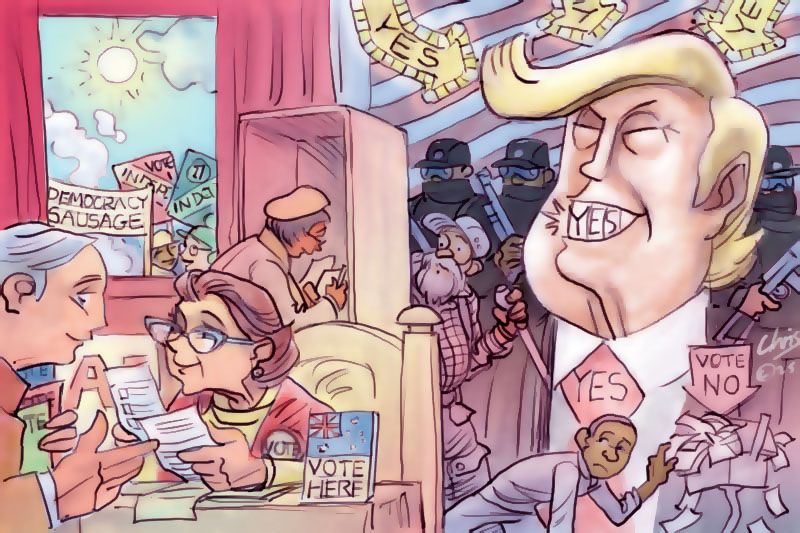
AUSTRALIA
- Jim McDermott
- 01 May 2025
From across the Pacific, Australia’s election looks refreshingly sane: debates over fuel taxes and modest wage hikes. But the surface calm belies deeper frustrations: housing scarcity, voter disillusionment, political evasion. But for an American watching from a fractured homeland, the question is how long that difference can hold.
READ MORE
-
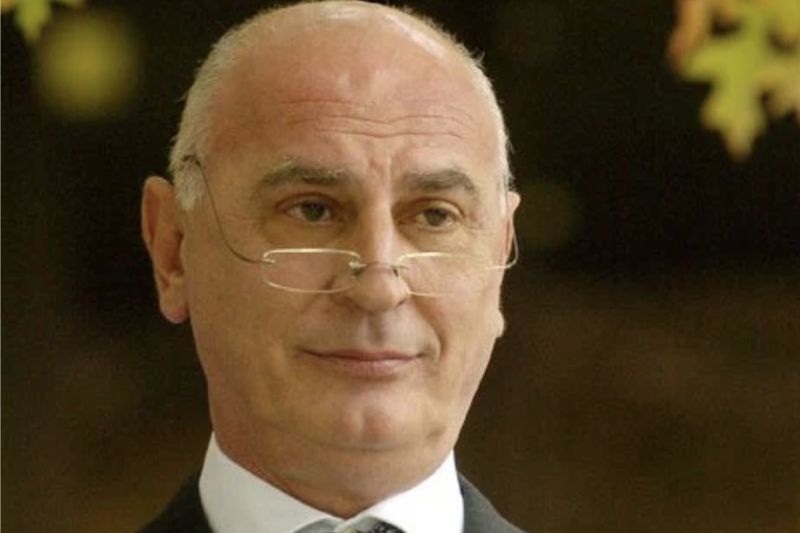
AUSTRALIA
- Stephen Minas
- 30 April 2025
As Australia prepares to vote, the legacy of Petro Georgiou casts a long shadow, reminding us that politics can still be principled, compassionate, and deeply human. He reshaped multicultural policy, challenged cruelty, and proved that conscience has a place in party politics.
READ MORE
-
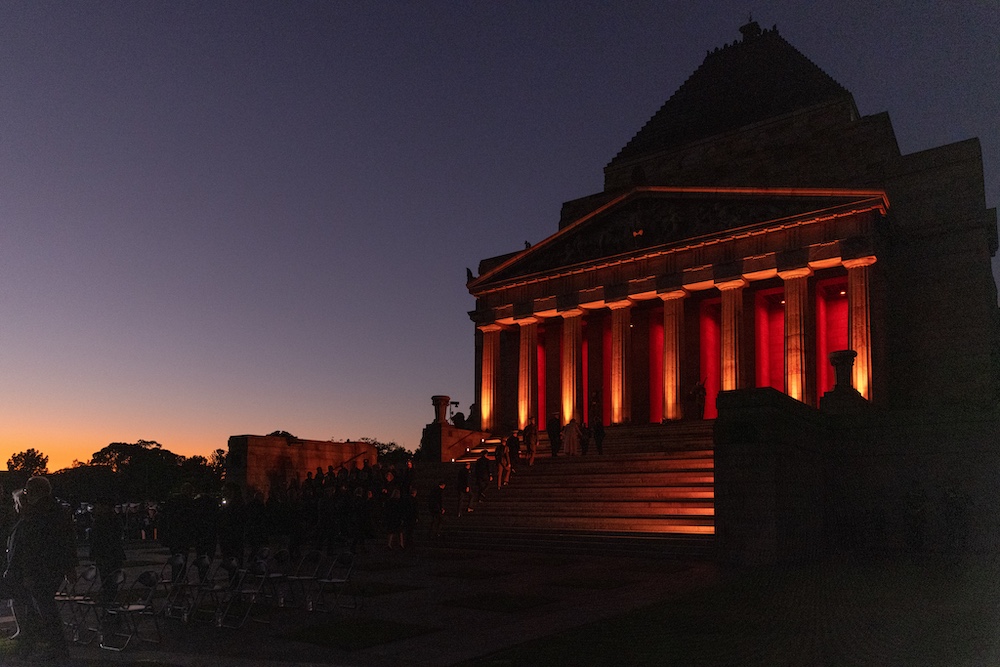
AUSTRALIA
- Brian McCoy
- 24 April 2025
As we witness those wars that continue to rage, we might wonder, this Anzac Day, what were the effects on our First Nations people when their lands were first taken? We can now see only too clearly that it is difficult, if not impossible in the longer term, to defend one’s land when the invader has more powerful resources and shows no intention of negotiating peace.
READ MORE
-
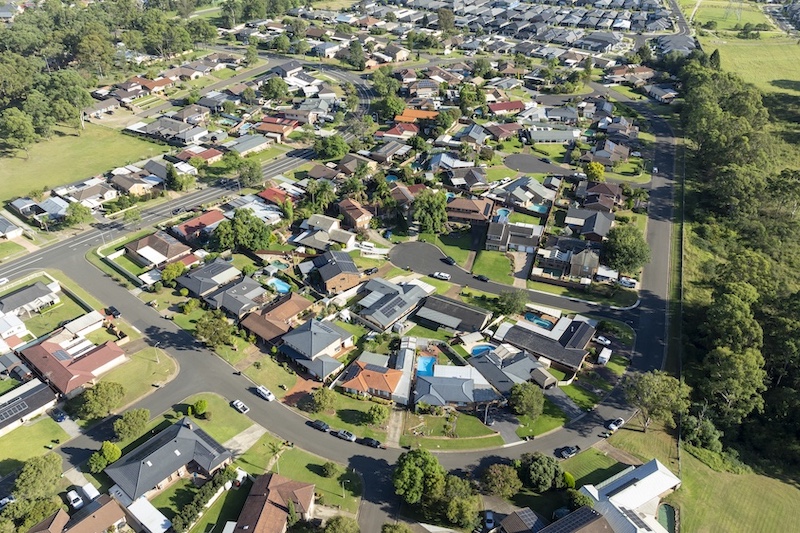
AUSTRALIA
- Bronwen Clark
- 24 April 2025
As Australia moves through another federal election campaign, a quarter of a million new voters in the nation’s outer suburbs remain largely invisible in political discourse. These are not marginal communities in the cultural or economic sense; they are the nation’s most dynamic zones of growth, diversity, and aspiration.
READ MORE